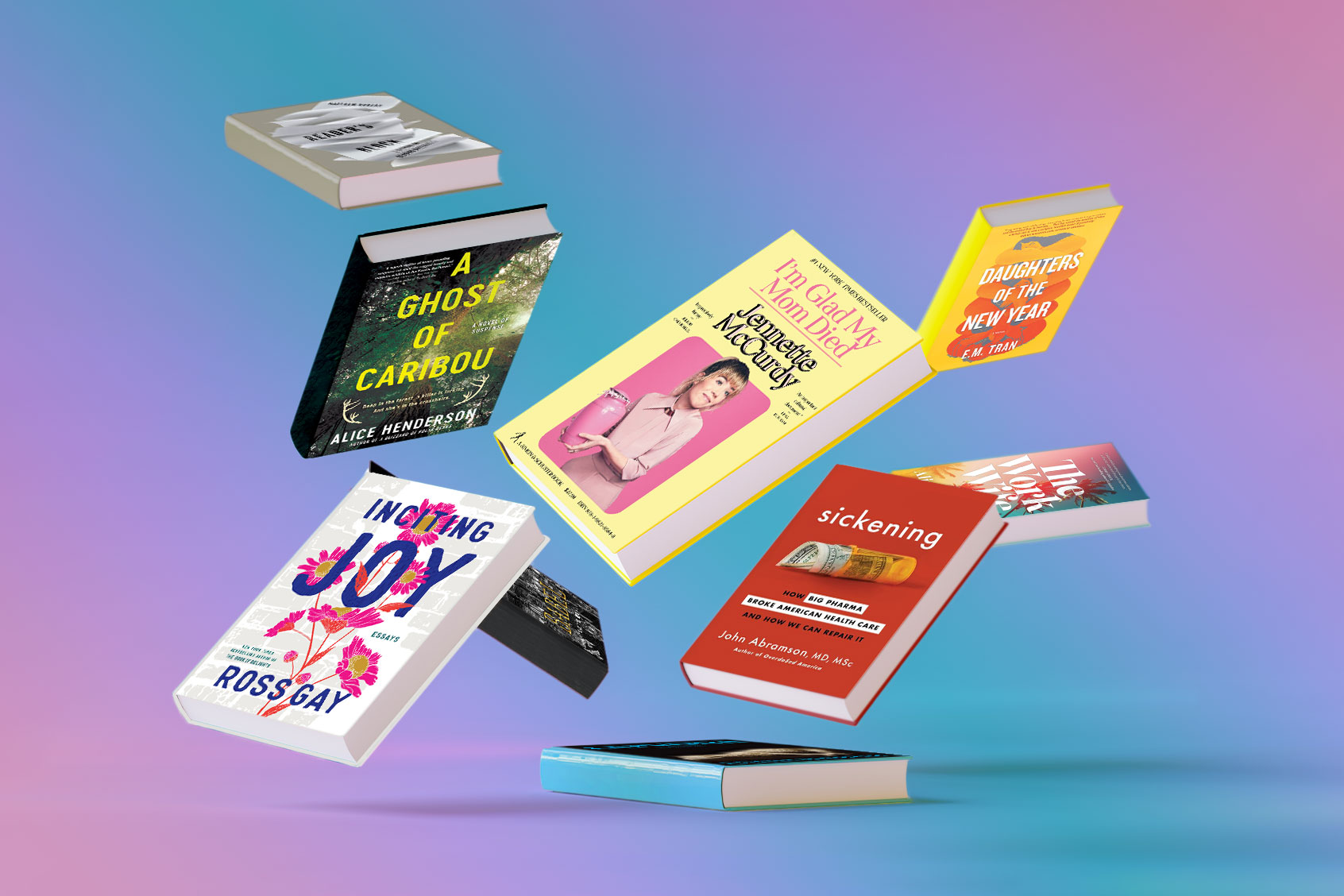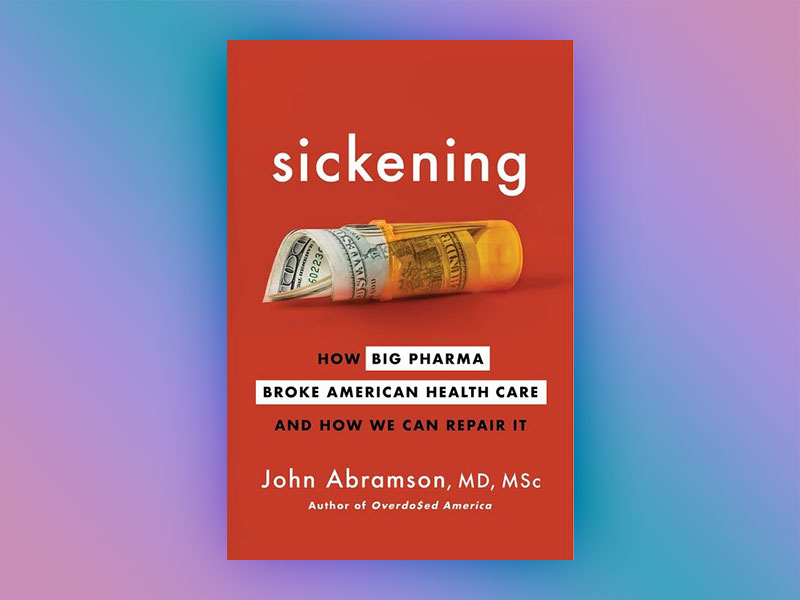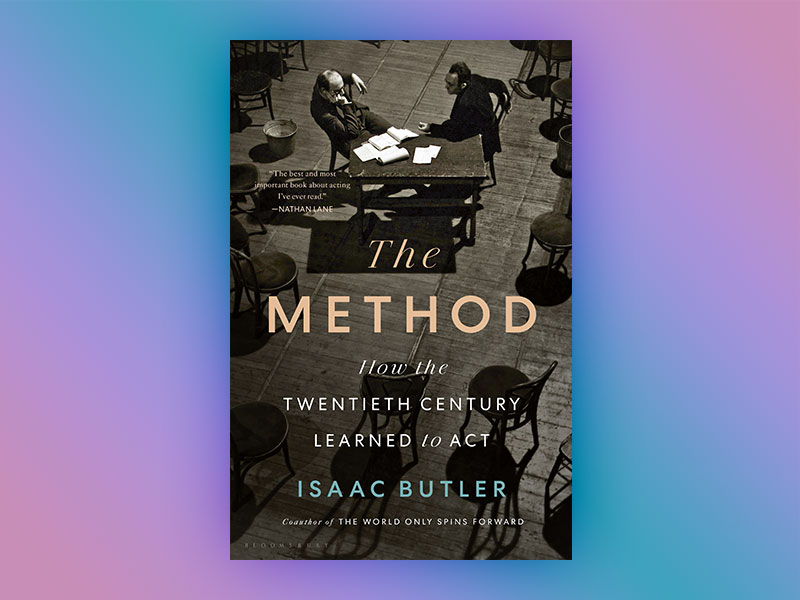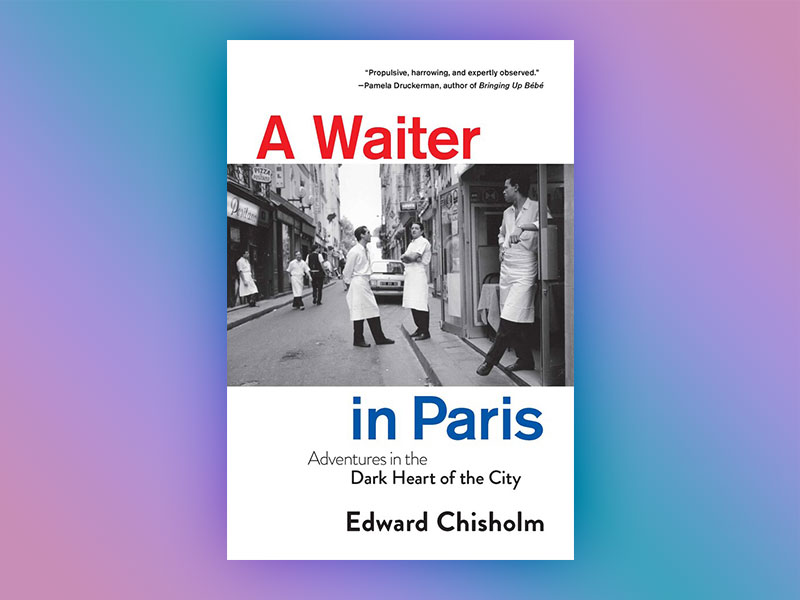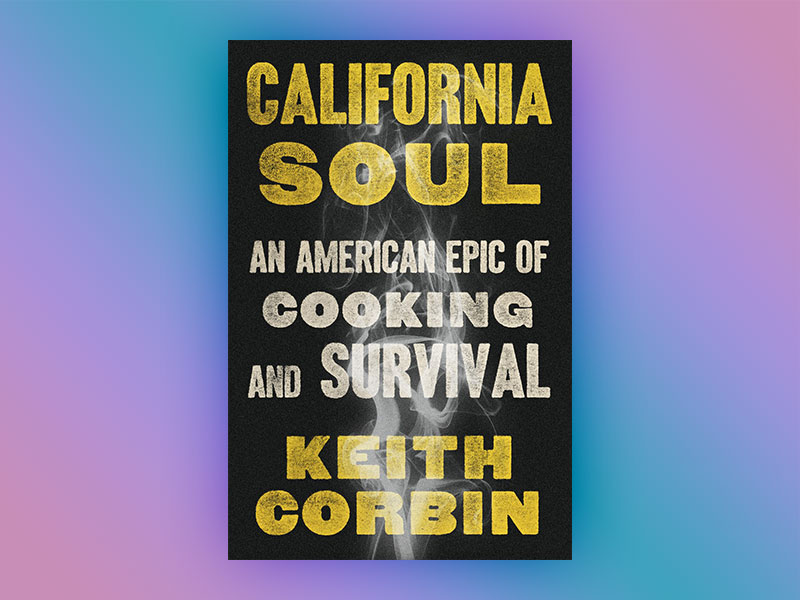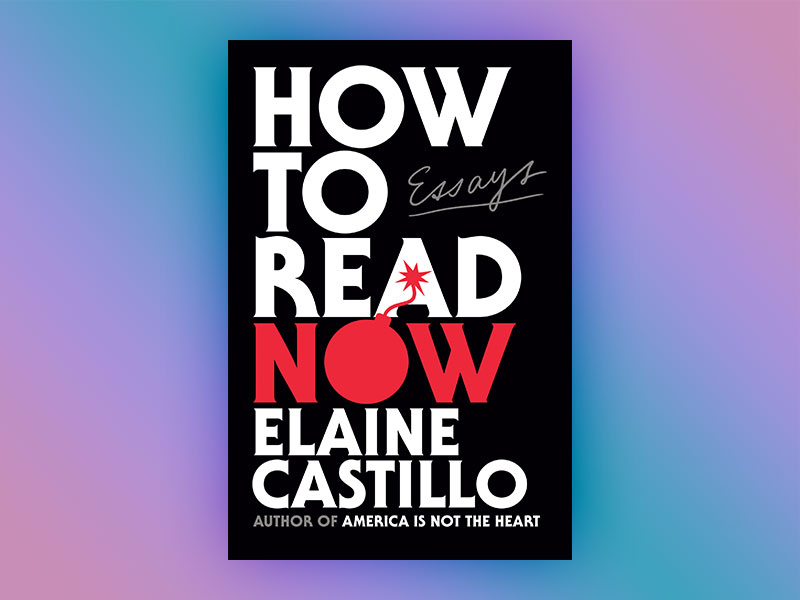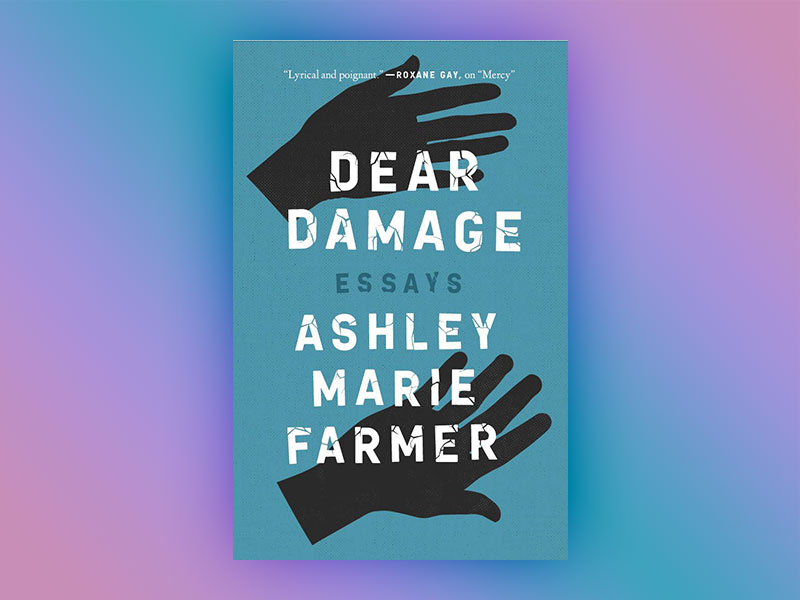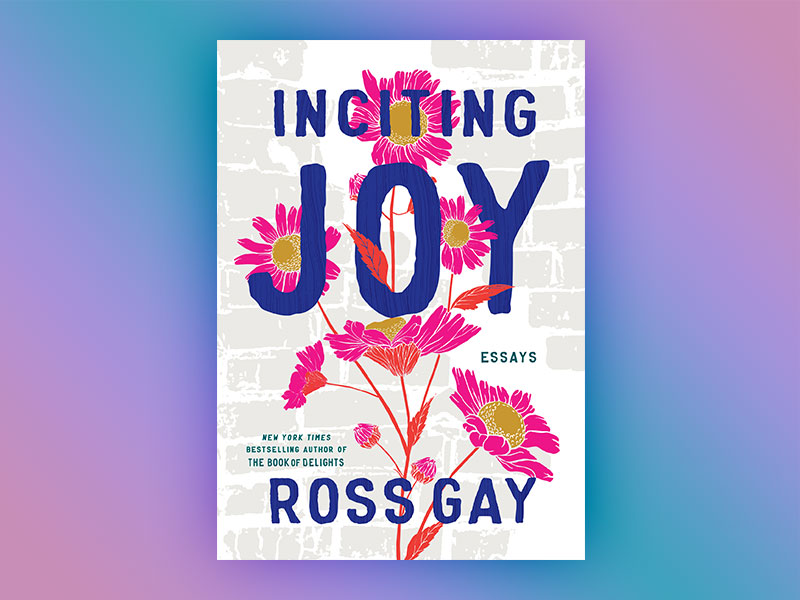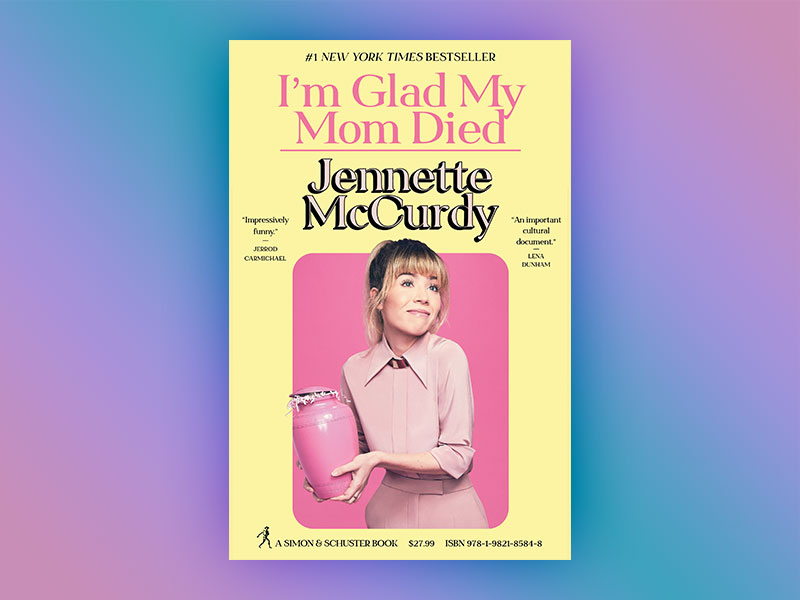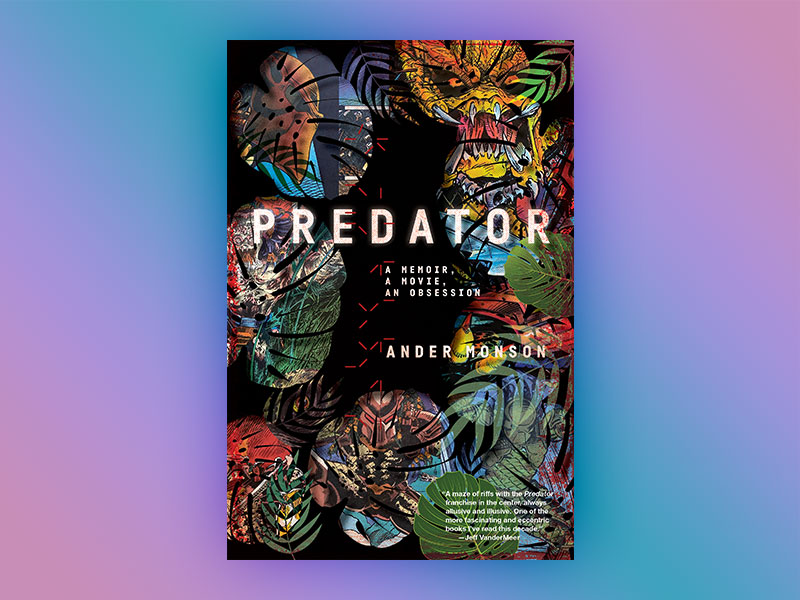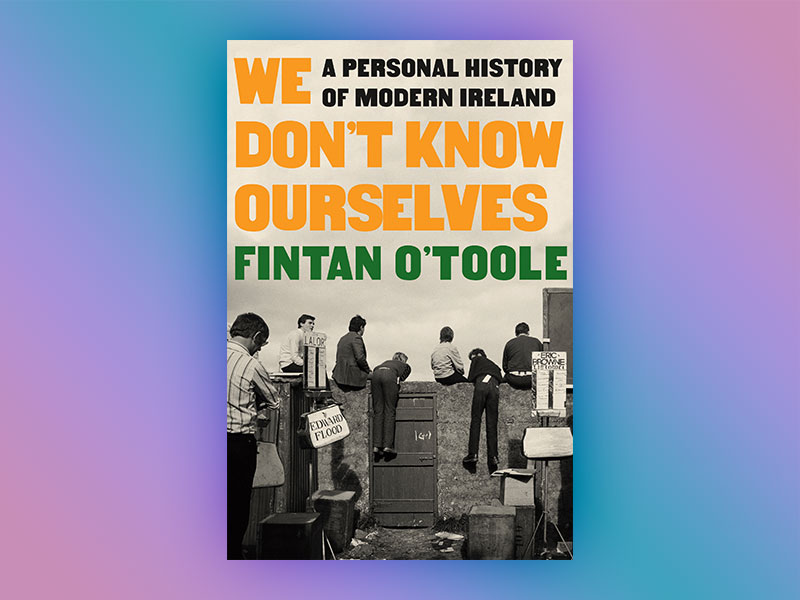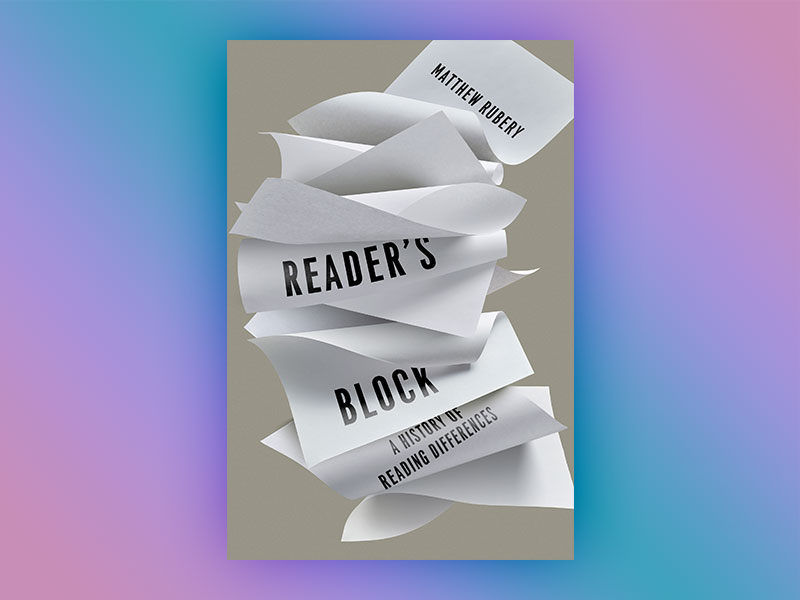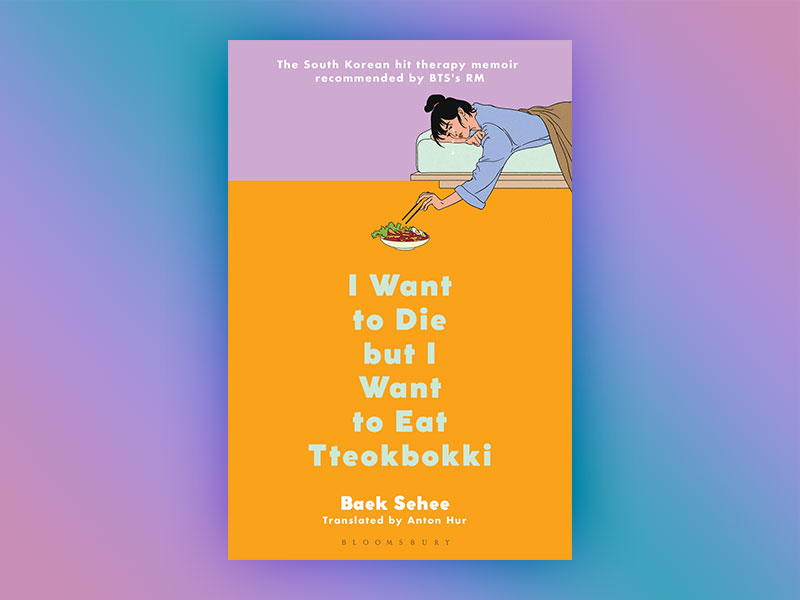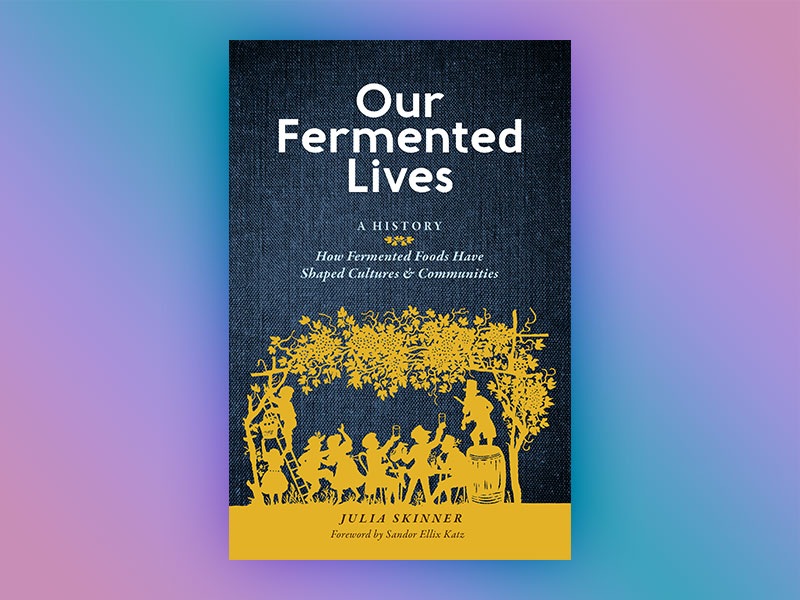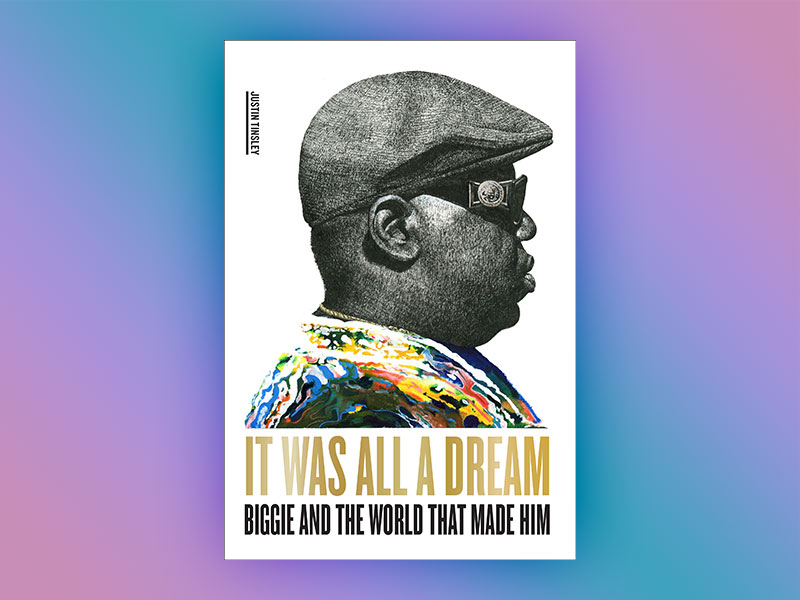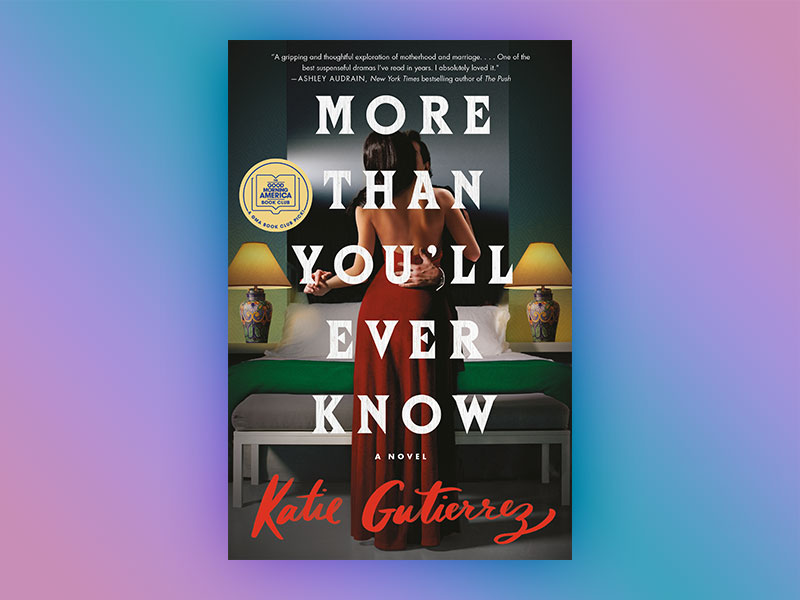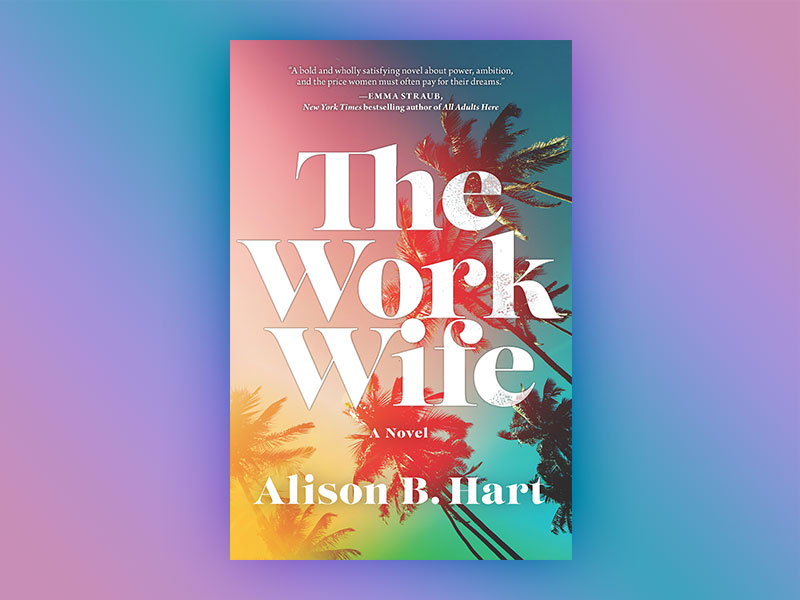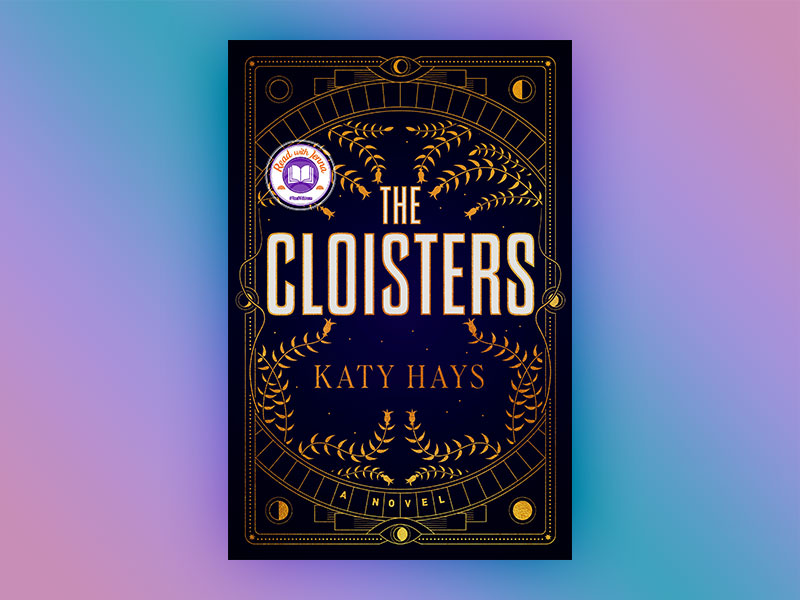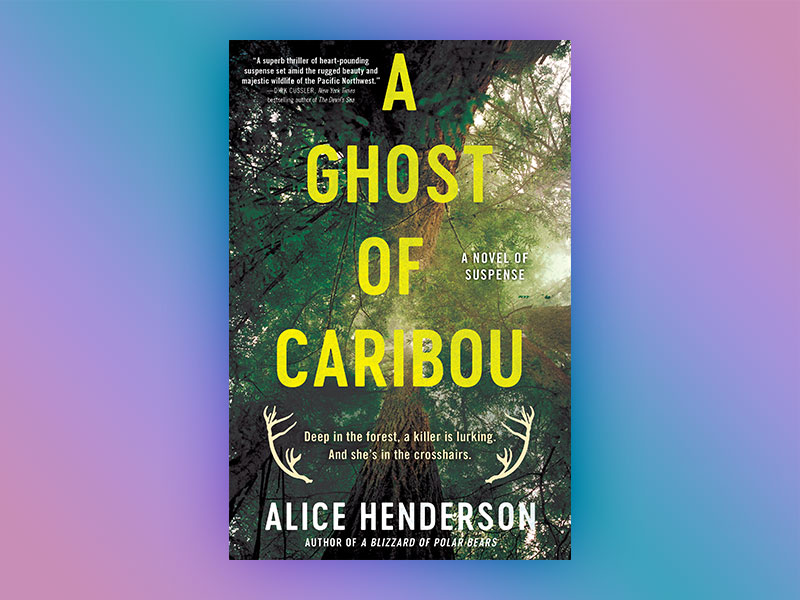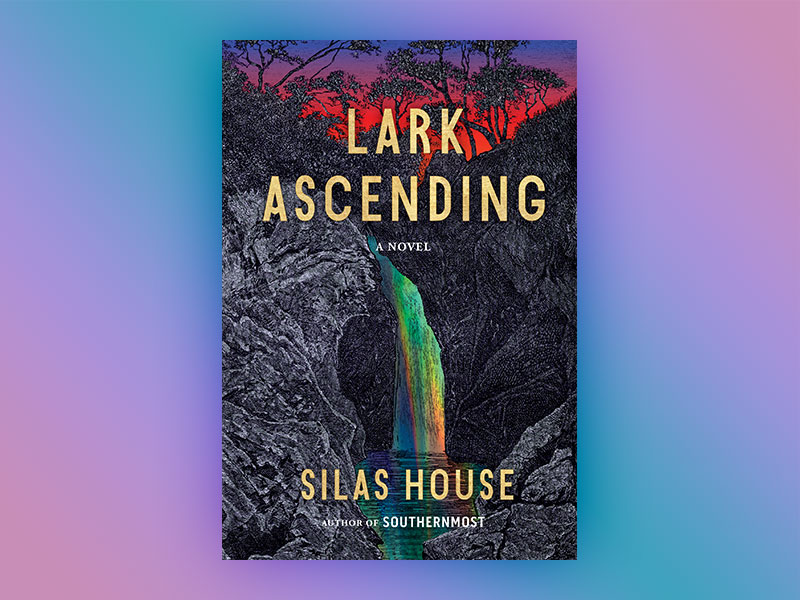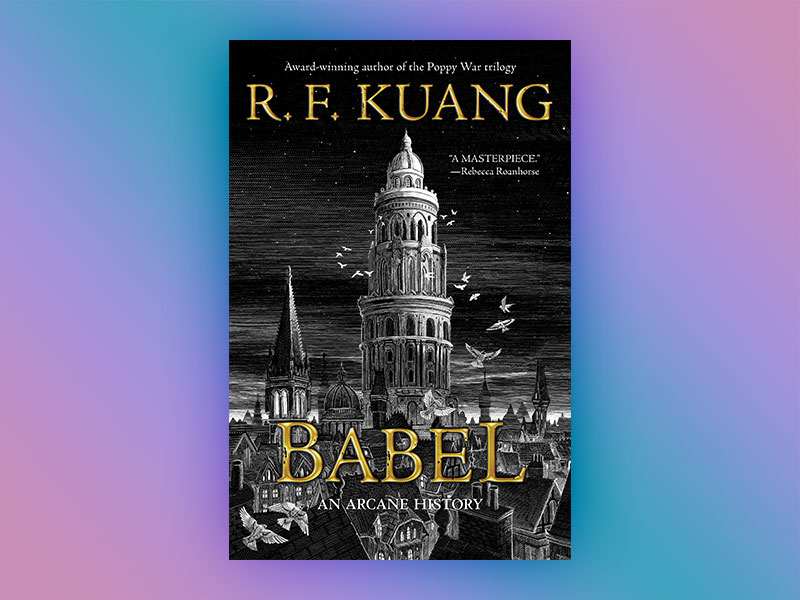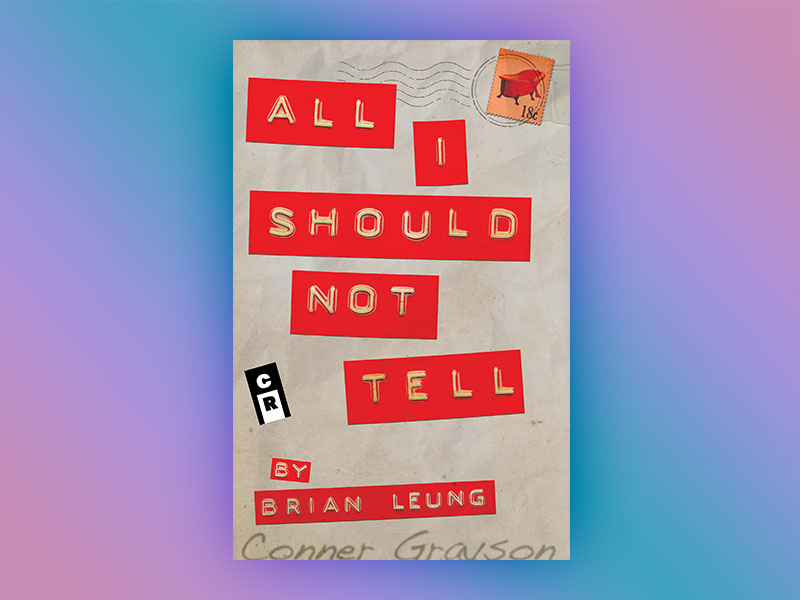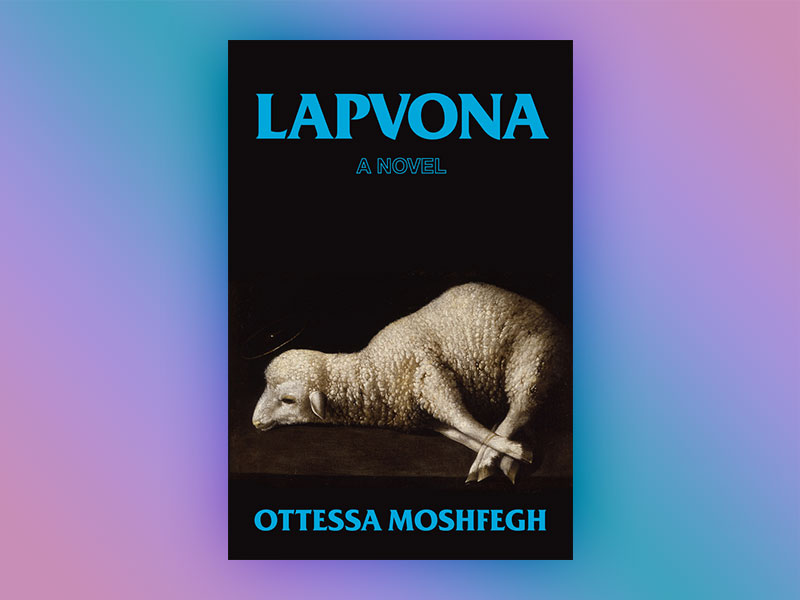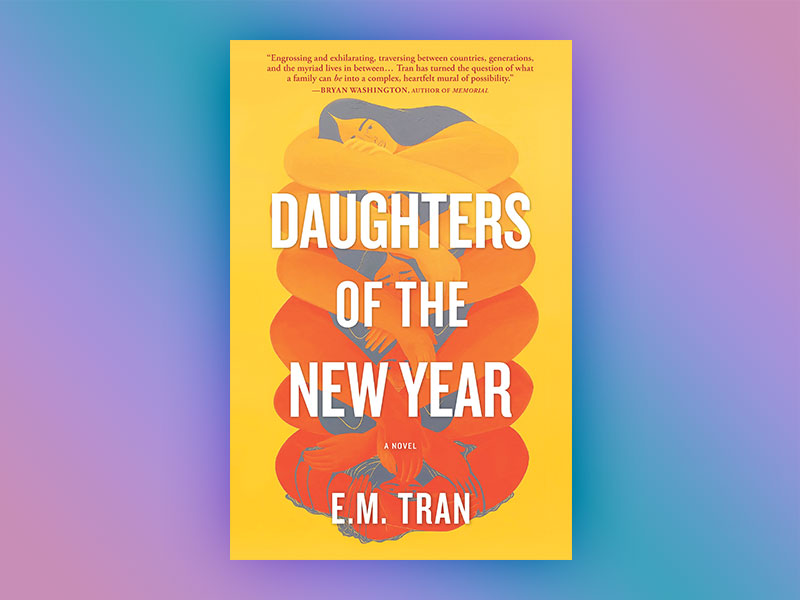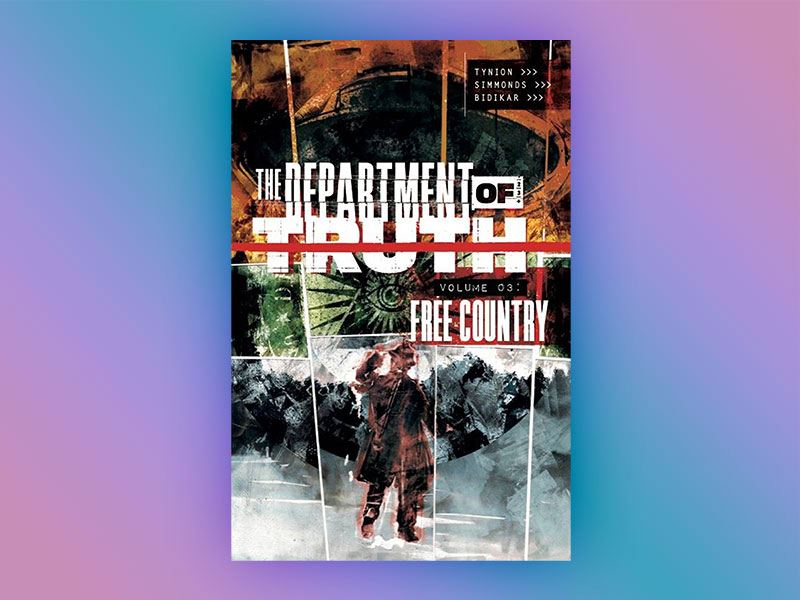We write about books pretty extensively here at Salon. Rather than have one section for books, our coverage extends through all verticals, often through in-depth interviews with authors ranging from bestsellers like Adam Hochschild for “American Midnight: The Great War, a Violent Peace, and Democracy’s Forgotten Crisis” and well-known artists like “SNL” star Kevin Nealon for “I Exaggerate: My Brushes with Fame” to food personalities like Andrew Zimmern for “Family Dinner” and university press authors like Neema Avashia for “Another Appalachia,” her memoir about growing up queer and Indian in West Virginia. We publish recommendation round-ups like “A bolder than ‘Bridgerton’ reading list: Regency books with a twist Eloise would love” and “Books for hard-to-shop-for tweens and teens, from Star Wars and Harley Quinn to gothic horror,” and mourn authors we’ve lost like Julie Powell of “Julie and Julia” fame.
It was a productive year for Salon authors, too. 2022 saw new books published from editor at large D. Watkins (“Black Boy Smile: A Memoir in Moments” and “The Wire: The Complete Visual History“), editor in chief Erin Keane (“Runaway: Notes on the Myths That Made Me“), nights and weekends editor Kelly McClure (“Something Is Always Happening Somewhere“), frequent music contributor Annie Zaleski (“Lady Gaga: Applause“) and new in paperback, culture writer Alison Stine’s “Trashlands.”
Every year we see so many excellent books cross our desks, and 2022 was no exception. And like all passionate readers, when we find a book we love, we want everyone else to love it too. Here, in no fixed order, are 14 nonfiction books and 10 novels published in 2022 that stood out as favorites of Salon writers and editors.
NONFICTION
Full disclosure: Isaac is a personal friend of mine. It’s always more fraught reading a friend’s book since there’s always the risk that it’s dull. Luckily, Butler knows how to liven up history by focusing on human personalities and foibles. Even as he writes about the various legends who sculpted modern acting, he never fails to find the humor and humanity in his subjects. Seminal acting gurus like Konstantin Stanislavski and Stella Adler are giants, but Butler never loses sight of the fact that they were also goofy theater kids
Crucially, however, this book succeeds at its main mission, which is persuading often skeptical American audiences that acting — just like writing, directing or composing — is an art, not just a set of technical skills. In our data-centric world where much of life gets reduced to pseudo-objective statistics, it’s a real pleasure to sink yourself into the story of people who gave their lives to upholding the ineffable but still-necessary subjective power of art. Also, Isaac has done his share of acting, so his reading of the audiobook is great fun. — Amanda Marcotte, senior politics writer
From FX’s “The Bear” to Mark Mylod’s “The Menu,” this has been the year prestige entertainment has mined professional kitchens for all their inherent dramatic potential. If, after watching those works, you’re still hungry for more — and you’ve already read Bourdain’s seminal dispatch “Kitchen Confidential” — try Chisholm’s “A Waiter in Paris.” (Read an excerpt on Salon.)
“As a waiter,” he writes, “you quickly get used to the fact that people believe they can talk to you like a lower species.”
Chisholm moved from London to Paris in 2011 and, despite having very little knowledge of the French language or culture, he quickly fell in with a ragtag group of cigarette-fueled waiters at a fine dining restaurant. Through Chisholm’s punchy prose, readers will be taken through his whirlwind career filled with angry knife-wielding chefs, demanding customers, squalid living conditions and panic attacks in the Pass. — Ashlie Stevens, deputy food editor
Did you ever hear the story about the former gang member who was so good at cooking crack he was flown around the world to teach other gang members, before going to prison, then coming home and working his way up the ranks in professional kitchens by developing an impeccable style, helping to launch a successful restaurant bringing high-end cuisine to the most vulnerable people in his food-desert neighborhood of Watts? And after being nominated for a James Beard Award, launched his own establishment that quickly became a hot spot for Black celebrities like Issa Rae, Tracee Ellis Ross and too many others to name? I hadn’t either until I read Alta Adams chef and owner Keith Corbin’s memoir.
The beauty of this book is that every time you think the story is over Corbin slaps you with another problem, another issue, another feat he must overcome. And he does. It feels just like real life — and unlike many books on the urban experience, where our hero’s only goal is to make it out, Corbin reaches above and beyond, changing to imagine success at the highest level. The book deals with passion, purpose and redemption in the most beautiful way &mdash by not telling, but showing us that it’s not how you start, but truly, how you finish. — D. Watkins, editor at large
Once in a while, a book comes along that lands like a well-timed shake of your shoulders, a persuasive, invigorating invitation to try harder and do better. That’s exactly what Elaine Castillo’s “How to Read Now,” the most entertaining case for critical thinking I’ve enjoyed in ages, feels like.
Castillo, author of the 2019 breakthrough novel “America Is Not the Heart,” is not arguing against the power of literature to expand your worldview. What she takes issue with is the performative empathy of reading about the experiences of others merely to, as she told Salon earlier this year, “justify the presence of these writers on our bookshelves.” And she challenges the cowardly fiction that art ever is apolitical. Castillo doesn’t want to wrest us away from the so-called classics. Instead, she suggests we can — and should — read our Austen with eyes open.
The highest praise I can give of Castillo’s book is that it truly has changed how I read now. Months after I put “How to Read Now” down, I still feel it with me in my other reading, peeking over my shoulder, asking questions. It’s made me a more ambitious, active, curious book lover, whether I’m engaging with Madame Bovary or Carrie Soto. It’ll do the same for you. [Read my interview with Castillo.] — Mary Elizabeth Williams, senior writer
Ross Gay follows “The Book of Delights” with another dazzling collection of lyric essays. Who writes about joy in a time like this, doubting voices ask him? This book answers: Someone with a keen understanding of sorrow, and how to embrace it. His incitement-of-joy subjects vary from gardening to skateboarding to the cover song, but grief and loss are never far behind. This is by design. As he points out in his introduction, “it is a kid’s fantasy … to imagine any emotion discreet from another.”
Gay, an acclaimed poet, infuses his sentences with a wild abandon — so appropriate to channeling wild emotional takeovers — that sometimes threaten to careen out of control, but that’s an illusion, one so enjoyable it thrilled me every time a long passage took me for a ride to somewhere I couldn’t previously imagine. Just as satisfying are his footnotes, some of which contain entire sub-essays tucked away at the bottom of the pages, like treasures waiting to be discovered.— Erin Keane, editor in chief
Jennette McCurdy cracked something open in the world with that confetti-filled urn of hers. In the title of her hilarious and frequently devastating memoir, the former “iCarly” and “Sam & Cat” star admitted bluntly that “I’m Glad My Mom Died” — and at least a portion of the grateful readers who catapulted the book to the bestseller list nodded back a collective, “Girl, same.”
McCurdy no doubt had a built-in readership thanks to her teen stardom, and her candor in revealing the unhealthy alchemy of a toxic industry and an emotionally abusive parent. But the deeper resonance of the book was in its clear-eyed understanding that although “Moms are so romanticized,” reality is a lot more complicated. And by finally acknowledging who her mother truly was, McCurdy was better able to confront her own demons, and arrive at something resembling forgiveness.
McCurdy’s memoir providentially came along shortly after both my mother and mother-in-law died within weeks of each other. At the time, I was barraged on all sides with well-meaning condolences, even while my own primary emotion was one of profound, silent relief. Now, because of this book and its runaway success, the conversation around grief is expanding, revealing the spectrum of emotions possible in the aftermath of death. And if I can say today without shame that I’m glad both my moms died, it’s because McCurdy eloquently paved the way. [Watch my interview with McCurdy.] — Mary Elizabeth Williams, senior writer
I love an intricate and highly personal immersion into a pop culture obsession. In Ander Monson’s eighth book — and his first memoir — he takes us, frame by frame, through a meticulous close reading of the original 1987 “Predator” movie in all its violent spectacle and Schwarzenegger glory. “I believe that if you look hard and long enough at what you loved best at fourteen and how you lived then and what you saw in the world, it will reveal both the world and you,” Monson writes. Mission accomplished.
Indeed, what Monson reveals about violence, death and America through his obsession with “Predator” goes deeper than special effects and cinematic suspense — internal tension between his attraction to and rejection of destruction; grief over the loss of his mother; the murder of his childhood babysitter; gun culture, male friendship and male anger; the shooting of his congresswoman, Gabrielle Giffords; and perhaps surprisingly, the life and writings of poet, memoirist and gay rights activist Paul Monette, who wrote the movie tie-in novelization of “Predator” while his partner Rog was dying of AIDS. Monette, who died in 1995, haunts the pages of Monson’s “Predator,” another writer doing his best to make something new and worthy out of someone else’s images. Fair warning for 2023: If I run into you and I know you like movies, I’m going to ask you if you’ve read this brilliant book. If not? Get to the choppa already! [Read Alison Stine’s interview with Monson.] — Erin Keane, editor in chief
There is a psychological pressure attached to reading that doesn’t exist for most other forms of entertainment. People aren’t shamed for not watching a movie, listening to a song or observing a painting in “the right way,” yet how often is a reader told they’re reading a book “wrong”? In Rubery’s light-hearted yet monumental text, he deconstructs the psychology of how people process information while reading. In the process, he proves that there is no “right” way to read a book. A human being can “get” a book’s content, and interact with it in a meaningful way, even if they do not read it in the “normal” manner. Unsurprisingly, Rubery unpacks troubling deeper prejudices behind the assumptions that there is a “right way” and a “wrong way” to read. For centuries, people with learning disabilities like dyslexia and autism have been mischaracterized as lazy and stupid simply because their brains process information differently. By its very nature, “Reader’s Block” is designed for casual reading — and particularly for people interested in science, history, literature and neurodiversity. [Read my interview with Rubery.] — Matthew Rozsa, staff writer
We lost the Notorious B.I.G 25 years ago, and he is still named by many as one of the best hip hop artists to ever touch a mic. Fans remember his smooth flow, the legendary poeticism intertwined with some of the most graphic lyrics in the history of the genre that made up those vivid tales, entire novels being recited over beats: That was Biggie’s gift to us, that’s who he was as an artist. But who was Biggie the person? Reporter Justin Tinsley took a deep dive into the parts of Biggie the public never really got to know by interviewing those who had the luxury of spending time with the late rapper. We knew Biggie sang about going to North Carolina to push weight on multiple songs, and Tinsley takes us to the location where the rapper was arrested for it — and would hop on stage at a nightclub for one of his very first performances. Tinsley also introduced us to Biggie the momma’s boy, the family man, the jazz connoisseur, the mixologist (yes — Biggie loved to cook up a fancy cocktail and gained joy when others expressed how good his concoctions were) and one of the funniest people from his Brooklyn neighborhood. We knew Biggie had a talent for making us laugh with the punchlines in his rhymes; but the people who knew Biggle from the old Brooklyn say he could have chosen stand-up comedian as a profession instead of rap and would have been just as successful. Think you know Biggie Smalls? Until you read this book, you have no idea. — D. Watkins, editor at large
FICTION
“Welp,” was my first thought in disappointment — not in the book, but in myself for not being able to conceive such an imaginative, ambitious and well-researched novel. R.F. Kuang’s follow-up to her sprawling grimdark fantasy “Poppy War” trilogy leaves the martial behind for a different type of battle in dark academia. In this alternate history set in 1840s Oxford, orphan Robin Swift is taken from his home in China and raised by Professor Lowell, who gives his ward a foundation in various foreign and classical languages. All the better for when Robin lands a spot in Oxford University’s prestigious Royal Institute of Translation, aka Babel, which is the center of translation — of words, and by extension, the mysterious and magical silver bars that are the source of power upon which the British Empire is built. In some respects, this is the ultimate story for lovers of language, knowledge and their power – while also interrogating the history of what that entails, which naturally includes colonialism. This novel has been divisive among fans of the fantasy genre, mainly because of its rather didactic nature, which frankly fits within Kuang’s unique approach. She fills the novel with epigrams, allusions and footnotes from actual texts and literature, ranging from “The Wealth of Nations” and “The Wretched of the Earth” to Wordsworth and nursery rhymes. (There are also two maps, which are essential to all fantasy novels.) As a student of Oxford herself, Kuang made a deliberate choice to set this in the 19th century with its dark academia aesthetic that has been criticized for its Eurocentrism, exactly what she has Robin grapple with here. Kuang once again crafts a unique Bildungsroman that doesn’t fulfill the usual expectations for what fantasy is or perhaps, what a Western fantasy is expected to be — and that is its most profound strength. — Hanh Nguyen, senior editor, culture
It’s the 1980s and Conner, 14, is stuck in a muddy little Ohio River town outside of Louisville, Kentucky, with an abusive stepfather, unstable mother, innocent little brother and a secret love for his best friend Mark. One day his hated stepfather disappears, igniting a series of events that tear Mark and Conner apart, and leaving Mark to question what he thought he saw, and who else might know. Twenty years after the fateful day, the past comes back to town, and Conner — now grown, with a wife and a boyfriend — has to face his life’s biggest unknowns and solve the mysteries that have haunted him all those years. “All I Should Not Tell” is both a page-turner of a crime novel and a sensitive family drama, offering a compelling portrait of queer late-Gen X small-town life, when “It Gets Better” was more a survival mantra than a sure thing. — Erin Keane, editor in chief
Since the release of her 2015 debut novel, “Eileen,” I’ve been obsessed with the writing of Ottessa Moshfegh and her sharp, unique ability to craft narratives that go from horrifying to hilarious to moving, sometimes all in the same chapter. After my intro to her writing with “Eileen,” I quickly moved through the rest of her releases, keeping a close eye out for news on the release of anything new. Thankfully in 2022, a year that made it somewhat difficult to find joy in much of anything, we got a new full-length novel from Moshfegh which added itself to the whole vibe of the year perfectly, “Lapvona.” Not a feel-good story by any means, but a wonderful one nonetheless, “Lapvona” centers on the unlikeable character Marek as he shuffles through the dirt-poor eponymous village in misery, until one day when a dreadful act changes his life for what should seem like the better, but actually lands him in more dire straits than where he started. It’s disgusting, brutal and vaguely medieval. Basically perfect.— Kelly McClure, nights & weekends editor
James Tynion IV’s (and artist Martin Simmonds’) graphic novel/comic book series “The Department of Truth” is captivating from the first page of the first issue. America, Europe and many other parts of the world are now in thrall to conspiracy theories and the larger disimagination machine. This war on reality is one of the primary weapons that fascism and other forms of authoritarianism and societal evil have used to conquer the hearts and minds of many millions of people around the world. “The Department of Truth” is a tour of this alternate reality and the idea of “conspiracism” – a meta construct where the idea of the conspiracy itself defines our understandings of reality and truth. It would be unfair to describe “The Department of Truth” as a more “literate” version of the X- Files or Kolchak: The Night Stalker or The Outer Limits. It is so much more. Tynion has created a very humane and subversively entertaining story that also functions as a powerful sociological document for understanding the Age of Trump and the rise of the global right and the chaos and other dark forces they have empowered and unleashed. Tynion and Simmonds are unapologetically committed to their vision. “The Department of Truth” is a rare achievement in graphic novels and comic books, and literature more broadly. The bound series is up to Volume 3, with Volume 4 shipping December 20. — Chauncey DeVega, senior politics writer
